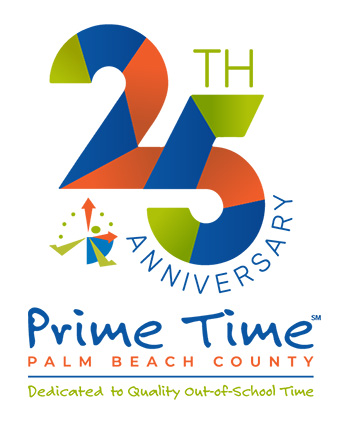9:00 am - 11:00 am
It was a great experience, I learned a lot. It gave me the opportunity to see some areas where I need to work to better my leadership and my program!
Lorena DAfterschool Professional
Resilient Leadership Series – Part One – VIRTUAL
This series is only being offered to OST Directors and Activity Leaders from the previous and incoming cohort sites.
Participants are REQUIRED TO ATTEND ALL TRAININGS in the series and complete two modeling sessions at their program site and assignments in between trainings.
Resilient Leadership is a 2-part series and ongoing community of practice for OST directors, assistant directors, activity leaders and other designated site leaders whose programs are implementing Well-being and Life Skills programs and practices. Participants, both previous and incoming Well-being and Life Skills cohort leaders, learn transformational leadership practices, emotional intelligence tools, and data-informed coaching and mentoring strategies to sustain meaningful implementation and long-term impact on the socio-emotional well-being of staff and youth.
In Part one of this series, participants will review the pillars of effective implementation and create a strategic vision and plan based on a guided Well-being Implementation and Needs Support (WINS) analysis to support their teams in working towards resiliency goals for adults and youth. Participants will focus on embedding key staff practices, program structures and routines, and youth engagement strategies that lay the foundation for a positive climate and culture in OST.
Training Objectives
Participants will:
- Identify Well-being and Life Skills cohort goals, intended outcomes, evidence-based strategies, program commitments and Prime Time supports.
- Experience well-being, resiliency and life skills instruction in a real-time Morning/Afternoon Meeting.
- Problem-solve potential challenges and share best practices with peers across OST communities and plan for implementation and / or continuous improvement.
Training Outcomes
Participants will:
- Schedule quarterly planning meeting within one week of the training to meet well-being, resiliency and life skills implementation goals.
- Allocate time on OST schedule to dedicated explicit instruction of well-being and life skills within one week of the training.
- Incorporate at least one adult well-being learning and practice among program staff within one week from the training.
Core Knowledge, Skills and Competencies Addressed (CKSCs):
Learning Environments and Curriculum
Skills and Competencies
Apply – B. Implements strategies to develop young people’s self-awareness, social awareness, self-management, relationship building, and responsible decision making. C. Models healthy interactions and guides children and youth in self-awareness, social awareness, relationships, and responsible decision making. D. Incorporates activities promoting cognitive, social, emotional, and physical development. G. Supports children and youth in developing a sense of self. H. Facilitates learning and other opportunities that reflect the cultures and values represented in the local community
Amplify – A. Models for teachers, mentors, and coaches others about promoting the healthy development of children and youth. B. Recommends and promotes program and organizational policies, PD, and practices that support facilitating the healthy development of children and youth.
Safety and Wellness
Skills and Competencies Health and Wellness
Apply – E. Promotes mental health using various methods, services, and resources; actively normalizes and destigmatizes accessing services. F. Designs, assesses, and modifies environments and procedures to protect the health of all children, youth, and adults.
Amplify – A. Models for teachers, mentors, and coaches others about how to support health and wellness. B. Recommends and promotes program and organizational policies, practices, and funding that support health and wellness.
Professional Development and Leadership
Skills and Competencies Leadership and Advocacy
Identify – B. Understands the characteristics and qualities of leadership.
Amplify – A. Models for and teachers, mentors, and/or coaches others on leadership development
Primary QIS Scales Addressed:
Safe Environment
I-E. Creating Safe Spaces: 1. Foster positive emotional climate; 2. Convey warmth and respect; 3. Provide support for safe space. 4. Demonstrate positive group management style
Supportive Environment.
II-J Active Engagement: Staff actively involved with youth people.
Interactive Environment
III-K. Sense of Belonging: 1. Young people get to know each other
III-N. Cultivating Empathy: 1. Structure activity for sharing and listening, 3. Structure activities for showing kindness, 4. Support valuing of differences.
High Expectations for Youth and Staff
VI-C. Organization promotes staff development.

